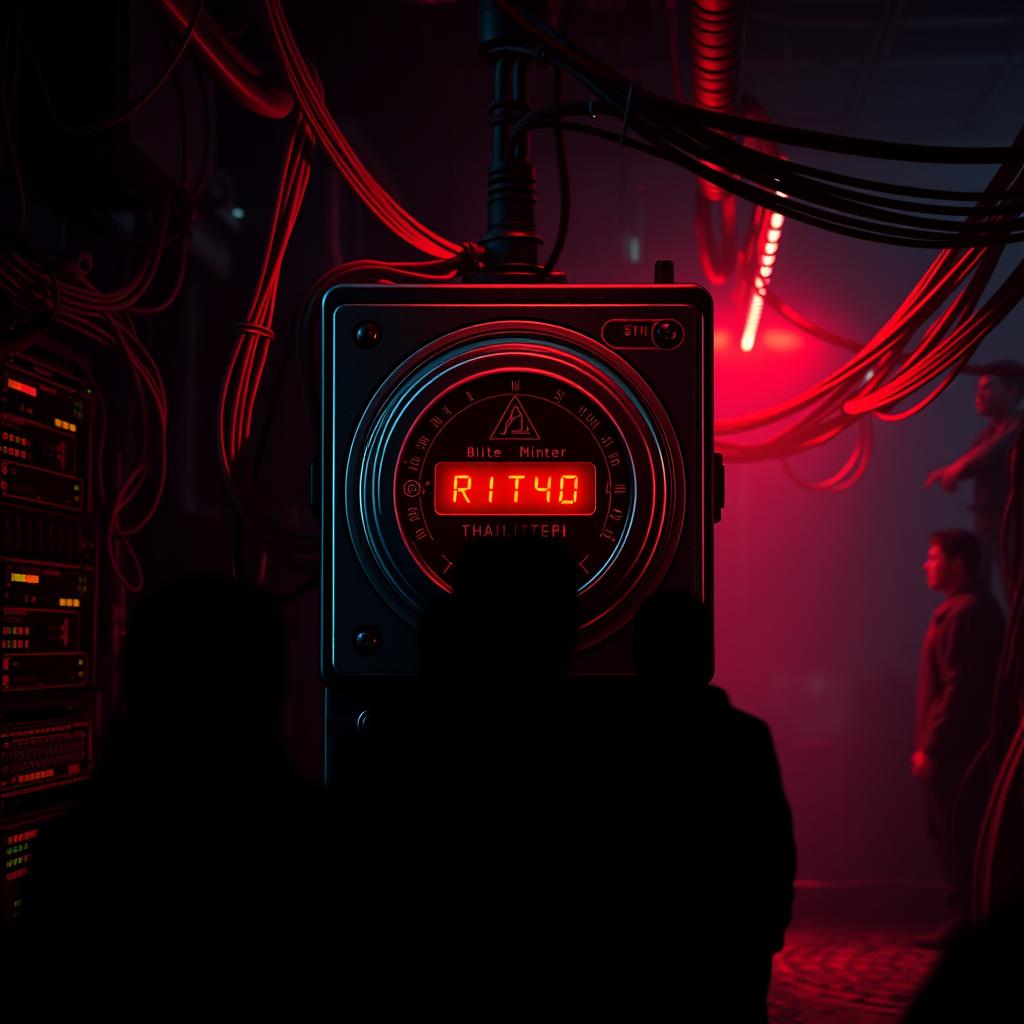Analysis of the Thai Bitcoin Mine Shutdown
The recent shutdown of a Bitcoin mine in Thailand by the Provincial Electricity Authority (PEA) highlights a recurring issue of electricity theft in the crypto-mining industry. The mine, located in the Phanat Nikhom district of Chonburi, had tampered with its power meters to steal electricity worth hundreds of millions of baht. This incident is not isolated, as Thailand has witnessed a surge in similar cases over the past year, with several raids conducted on illegal mining operations.
The PEA’s collaboration with the Crime Suppression Division (CSD) led to the seizure of 996 Bitcoin mining rigs, with the operators of the farm yet to be identified. The theft was cleverly timed to occur only at night, with the power meter functioning as usual during the day to avoid detection. This sophisticated approach to stealing electricity underscores the complexity of the issue and the need for stricter regulations.
According to local media, the PEA has taken down several similar operations in the past year, including a raid in August 2024 on an illegal Bitcoin mine in Ratchaburi, which was draining power from the local electricity grid and causing frequent blackouts. Additionally, two individuals from the Surat Thani province were charged with stealing over $280,000 in electricity to power their mining rigs in an abandoned property.
The issue of electricity theft in the crypto-mining industry is not unique to Thailand. Similar activities have been uncovered in other countries, such as Malaysia, where the national electricity provider reported losses of over $100 million due to electricity theft to run Bitcoin mining hardware. These incidents have sparked a global reckoning, with governments tightening regulations, limiting electricity use, hiking tariffs, and even imposing outright bans to exert greater control over the crypto-mining industry.
Market Impact and Trends
The shutdown of the Thai Bitcoin mine is likely to have a minimal impact on the overall Bitcoin network, as the global hashrate is estimated to be around 300 exahash per second (EH/s). However, the incident highlights the need for more stringent regulations and enforcement in the crypto-mining industry. The use of renewable energy sources, such as solar or wind power, could help reduce the industry’s reliance on non-renewable energy sources and mitigate the risk of electricity theft.
The price of Bitcoin has been relatively stable in recent months, trading in a range of $20,000 to $30,000. However, the increasing scrutiny of the crypto-mining industry could lead to a decrease in the global hashrate, potentially causing a reduction in the supply of new Bitcoins and leading to an increase in price.
Predictions and Outlook
Based on the analysis, it is likely that governments will continue to tighten regulations and enforcement on the crypto-mining industry, particularly in regions with high energy consumption. The use of renewable energy sources and more efficient mining hardware could become more prevalent, reducing the industry’s reliance on non-renewable energy sources and mitigating the risk of electricity theft.
The price of Bitcoin is likely to remain volatile, influenced by a range of factors, including regulatory developments, adoption rates, and global economic trends. However, the increasing scrutiny of the crypto-mining industry could lead to a decrease in the global hashrate, potentially causing a reduction in the supply of new Bitcoins and leading to an increase in price.
Some key predictions and outlooks for the crypto-mining industry include:
- Increased adoption of renewable energy sources, such as solar or wind power, to reduce the industry’s reliance on non-renewable energy sources.
- More stringent regulations and enforcement on the crypto-mining industry, particularly in regions with high energy consumption.
- A decrease in the global hashrate, potentially causing a reduction in the supply of new Bitcoins and leading to an increase in price.
- The development of more efficient mining hardware, reducing energy consumption and increasing profitability for miners.
Overall, the shutdown of the Thai Bitcoin mine highlights the need for more stringent regulations and enforcement in the crypto-mining industry. The use of renewable energy sources and more efficient mining hardware could help reduce the industry’s reliance on non-renewable energy sources and mitigate the risk of electricity theft.




